World Milk Day 2024 Report – Celebrating Dairy’s Vital Role in Nutrition and Sustainability
This year, on June 1, we celebrated the vital role that dairy plays in delivering…
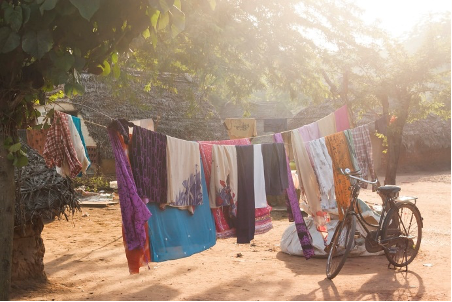
The Private Sector Mechanism has been hosting a High Level Dinner for the past ten years during the UN Committee on World Food Security (CFS) to serve as a platform for interaction and dialogue between senior leadership from the private sector, civil society, UN Agencies and Permanent Representatives to the Rome-based agencies. Usually, this event takes the form of a dinner in Rome, but for the first time, it was held virtually as part of the Food Systems Dialogues. The conversation of the 200 participants focused on the 2021 Food Systems Summit’s Five Action Tracks. A successful sustainable development agenda requires partnerships between governments, the private sector and civil society. These shared actions must be built upon principles and values, a shared vision, and shared goals that place people and the planet at the center.
The 2020 High Level Dialogue encouraged participants to promote – and create – effective public, public-private, and civil society partnerships that mobilize and share knowledge, expertise, technology, and financial resources in support of the Food Systems Summit 2021.
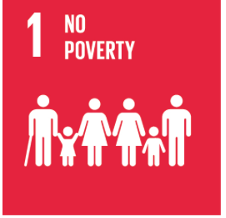
Introductions:
• Mr. Rick White, Chair of the International Agri-Food Network and the Private Sector Mechanism
• Mr. Thanawat Tiensin, Chair of the Committee on World Food Security
• Ms. Barbara Stinson, President of the World Food Prize
• Dr. Agnes Kalibata, Special Envoy of the UN Secretary-General for the 2021 Food Systems Summit
• Dr. David Nabarro, Curator of the Food Systems Dialogues and Strategic Director, 4SD
Dialogue Breakout Sessions
• First Session: Types of partnerships which could be developed to facilitate action tracks
• Second Session: Challenges and actions needed to deliver progress on action tracks
Key Themes and Discussion Points
This year’s HLD brought together over 200 participants, including Ambassadors, Representatives of CFS Member States, UN agencies, NGOs, and private companies, as well as such dignitaries as the Special Envoy of the UN Secretary-General for the 2021 Food Systems Summit, Dr. Agnes Kalibata, the U.S. Under-Secretary for Trade and Foreign Agricultural Affairs, Mr. Ted McKinney, and the Chair of the CFS, Mr. Thanawat Tiensin. For the first time ever, a record four former chairpersons of CFS also graced the event. Each breakout group discussed ways to encourage multi-stakeholder partnerships and possible challenges among the following sub-themes:
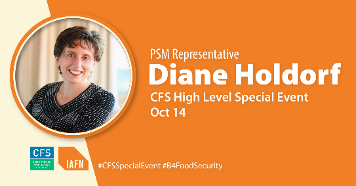
• Ensuring access to safe and nutritious food for all
• Shifting to sustainable consumption patterns
• Boosting nature-positive production
• Advancing equitable livelihoods
• Building resilience to vulnerabilities, shocks and stress
The following are key takeaways highlighted by the participants as crucial in making progress on the action tracks:
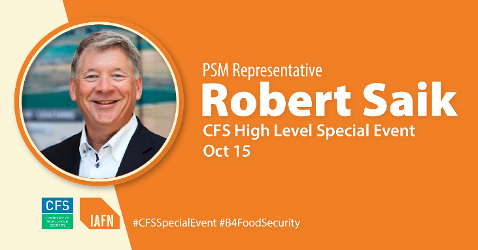
Promote partnerships for technology, research, and innovation. Public and private sector stakeholders must collaborate and invest in these areas in order to ensure the proper nutrition and health of the people as well as the wellness of the planet.
Include all value-chain actors in the development of policies and regulations. From farmers to retailers, various actors of the food system need to be consulted in order to build consensus and provide relevant policies, quality standards and safety regulations.
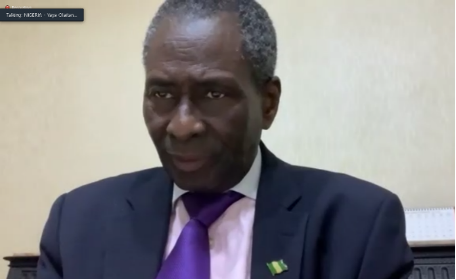
Encourage sustainable production as well as sustainable consumption. The CFS Voluntary Guidelines on Food Systems and Nutrition being developed focus on sustainable production, but consumers must also assess their dietary habits to reduce food waste.
Support sustainable and equitable trade channels for food security. The pandemic reinforced the role of trade in safeguarding food security.
Adopt metrics and measurements which would serve as a benchmark for successful nature-positive methods. This will strengthen transparency as well as identify where support is needed across the value chain.
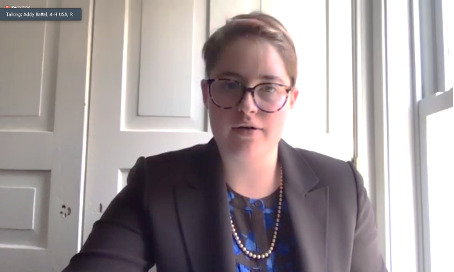
Build a framework to standardize and then monetize nature-positive approaches. Partners need to be oriented in the same direction and when value is created around it more actors will be attracted to the process.
Improve access to financial services and alternate funding sources to advance equitable livelihoods. This also means introducing farmers to risk management.
Create an inventory of best practices and cooperation programs around the world that farmers can have access to, to enable them to replicate successful solutions in their communities or regions.
Establish early warning mechanisms to increase food systems visibility and anticipation. This will in turn enhance preparedness for shocks or stressors in the food system.
Improve physical infrastructure and stronger institutions for quicker and more efficient responses, as well as deal with vulnerabilities in the food system.
Broker the differences, disagreements and disconnects within the food system.
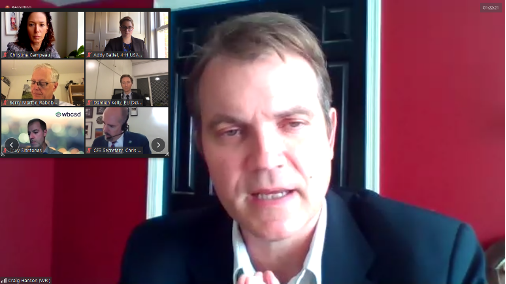
Main Conclusions
Taking the necessary action to deliver progress on the various Food System Summit Action Tracks is essential.
In order to deliver these partnerships and actions successfully, continued dialogue is necessary and partners such as FAO and CFS need to create more platforms for engagement and consensus-building.
The importance of research and data cannot be understated as they underpin the development of useful technology and applicable tools. Research institutes, academia, private sector actors, and governments must collaborate to increase access to funding and resources for data.
We would like to thank the sponsors of this event, Danone and Rabobank, for their generous support. 
